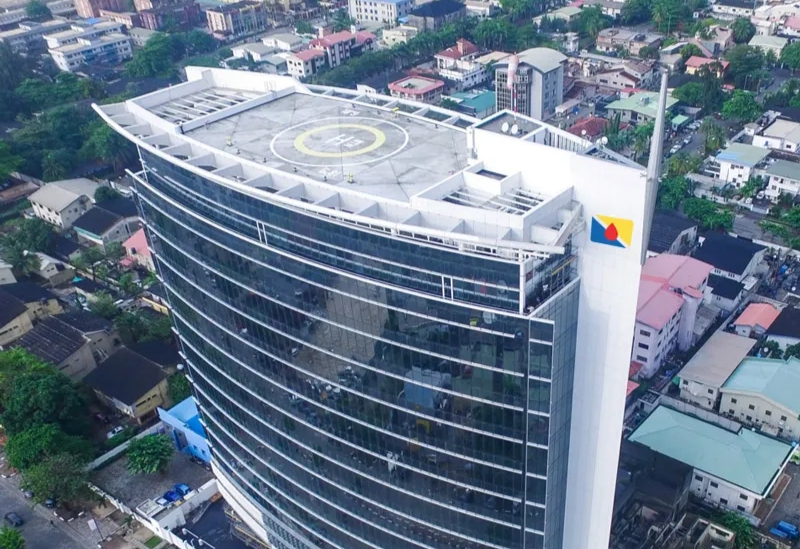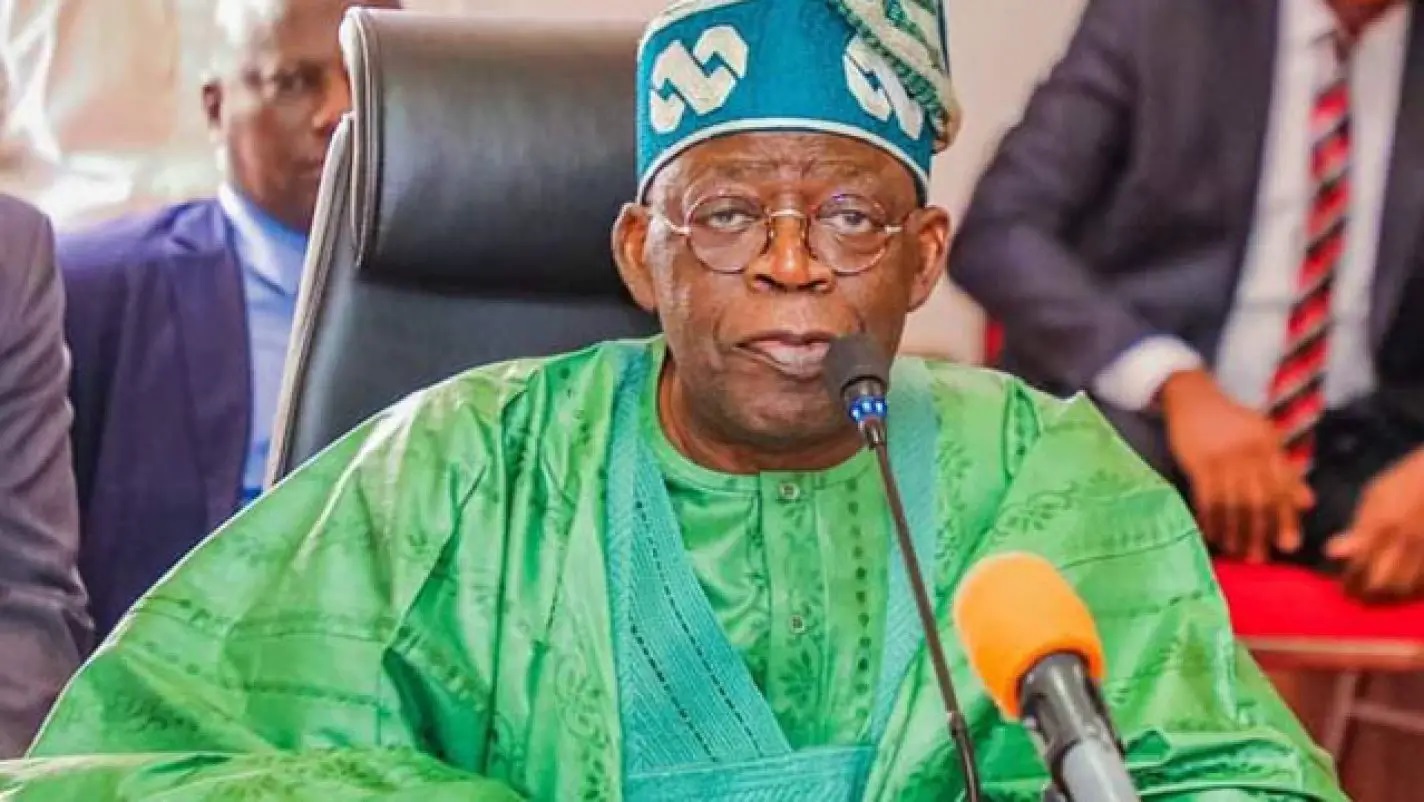
•Rallies lawmakers, stakeholders as Senate, Reps hold public hearing on digital economy, e-Governance bill
Sunday Aborisade in Abuja
Nigeria is on the verge of making history as the first African nation to enact a comprehensive law on digital economy and e-governance, with the National Digital Economy and e-Governance Bill 2025 expected to be signed by President Bola Tinubu before the end of the month.
The assurance was given by the Minister of Communications, Innovation, and Digital Economy, Dr. Bosun Tijani, during a one-day public hearing jointly organised by the Senate and House of Representatives Committees on ICT and Cybersecurity, and Digital and Information Technology at the National Assembly Complex, Abuja, yesterday.
Tijani said the bill represents a major leap toward building a $1 trillion economy and would “unlock Nigeria’s competitiveness, food security, and prosperity through a modern, technology-driven public sector.”
“This bill is being awaited by President Bola Tinubu for assent this month, as it is one of the catalysts for achieving our $1 trillion economic projection,” the minister declared.
According to Tijani, the legislation, once signed, would be the first of its kind on the African continent, a bold step that underscores Nigeria’s leadership in digital transformation.
He said, “This sector, which once contributed about 16 percent to our GDP, is now tracking at 19 percent.
“Under the President’s leadership, we are targeting a $1 trillion economy with the digital economy contributing 21 percent to GDP by 2027. This Bill will unlock the private sector’s potential to achieve that goal.”
The minister explained that the law would provide a robust regulatory and institutional framework for electronic communications, digital signatures, and artificial intelligence (AI) governance, as well as ensure cybersecurity compliance and promote digital literacy nationwide.
He said the Tinubu administration was not pursuing “quick fixes” but deep, structural reforms that would transform governance and productivity.
“Together with the National Assembly, we are driving the deployment of 90,000 kilometers of fibre-optic network to connect every geopolitical zone, state, and local government with world-class internet access.
“Beyond this, we are addressing the needs of over 20 million unconnected Nigerians by deploying nearly 4,000 new communication towers in underserved communities,” Tijani stated.
The bill also provides for the establishment of a National Data Exchange System, which will ensure seamless data sharing among Ministries, Departments, and Agencies (MDAs), as well as between government and the private sector.
It further proposes a clear framework for the ethical adoption of Artificial Intelligence (AI), which the minister said would, “enable Nigeria to leapfrog in competitiveness and productivity across critical sectors.”
“In strengthening this bill, we are shaping the future of generations yet unborn. The generation that liberalised our telecommunications sector in 1999 laid the foundation for today’s growth. Now, we take the next bold step to expand our economy through technology and innovation,” Tijani said.
He praised the National Assembly for its collaborative approach to the bill, describing it as “a model of legislative–executive partnership driven purely by national interest.”
He added, “This is not about the minister or the president, it is about Nigeria’s future. The lawmakers have done an extraordinary job ensuring that every region, stakeholder, and citizen had the opportunity to make input.”
Earlier, the Chairman of the Senate Committee on ICT and Cybersecurity, Senator Shuaib Afolabi Salisu, described the bill as “a milestone in Nigeria’s digital governance journey.”
He noted that it would provide legal recognition for electronic communications, records, and contracts, while mandating all government agencies to digitise their operations.
“The objective of this bill is to provide regulatory clarity for electronic transactions in the country. The law, when put in place, will serve as the backbone of the digital economy,” Salisu said.
On his part, Hon. Adedeji Olajide, Chairman of the House Committee on ICT, said the bill would “transform the public sector through digital innovation, transparency, and accountability.”
Stakeholders at the hearing, including representatives from the Nigerian Communications Commission (NCC), Nigerian Communications Satellite (NIGCOMSAT), Nigerian Postal Service (NIPOST), Galaxy Backbone, and the Office of the Head of Service of the Federation (OHCSF), unanimously endorsed the bill.
The Office of the Head of Service, in a memorandum, however, called for certain adjustments to ensure alignment with existing public service laws and governance frameworks.
It noted that while the bill was “a well-intentioned legislative initiative aimed at institutionalising the federal government’s digital transformation agenda.”
“Some provisions overlap with the mandates of the Head of Service, the Federal Civil Service Commission, and the Bureau of Public Procurement.
Specifically, the office recommended that sections assigning the minister exclusive authority over civil service-related ICT functions be harmonised to preserve administrative balance and compliance with the Public Service Rules.
Lawmakers pledged to incorporate all credible stakeholder inputs before passing the final version of the bill for third reading in both chambers this week.
Stakeholders from the private sector and academia also praised the emphasis on AI regulation, cybersecurity, and digital literacy, noting that its passage would “cement Nigeria’s leadership in Africa’s digital future.”
With legislative consensus and executive commitment firmly aligned, the National Digital Economy and E-Governance Bill 2025 is expected to become one of the most consequential reforms of Nigeria’s digital era, laying the legal foundation for transparent governance, innovation-driven growth, and sustainable national competitiveness.
When signed into law, the bill will mark a historic moment for Nigeria, ushering in a new era where governance, productivity, and citizen engagement are powered by technology.





